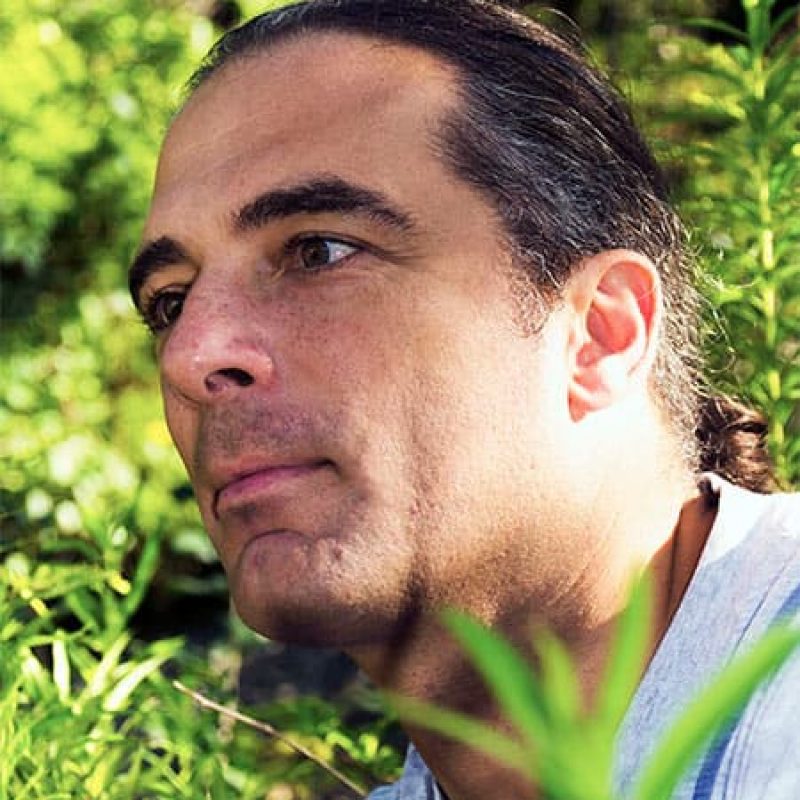Tag: Plant Hosts
-

Andre Kessler lab
The research in the Kessler Lab focuses on the ecology and evolution of plant chemical defenses (secondary metabolites) to pathogens and herbivores and the role of soil microbial communities to affect and be affected by plant secondary metabolism. Thus we try to understand how microbially-mediated plant-soil feedbacks influence the macroscopic interactions of plants with their […]
-

Tory Hendry lab
The Hendry lab studies the evolution and ecology of bacteria interacting with animal hosts, particularly insects. Study systems include both pathogenic interactions of bacteria with agriculturally important insects and mutualistic interactions where bacterial symbionts influence insect ecology and evolution. There are several undergraduate research opportunities in the lab using techniques in microbiology, ecological experiments, and […]
-

John Helmann lab
The Helmann lab investigates adaptation to stress using Bacillus subtilis as a model organism. One project focuses on the roles of alternative sigma factors and other regulators in controlling cell envelope stress responses. These studies support our ongoing work on the molecular mechanisms of antibiotic resistance. A second major research effort is directed at metal ion homeostasis. Metal regulation plays […]
-

Michelle Heck lab
The Heck lab deciphers molecular mechanisms regulating insect transmission of plant pathogens and uses this knowledge to create practical solutions that mitigate vector-borne diseases in agriculture. We use a combination of computational and wet-lab approaches to study vector-pathogen-plant interactions. Students will receive training at the intersections of computational biology, plant pathology, entomology, microbiology, genetic engineering […]
-

Adam Bogdanove lab
The Bogdanove lab’s research centers on the development of broad-spectrum, durable disease resistance in crop plants with a focus on diseases caused by bacteria that deploy host DNA binding proteins called TAL effectors. We also continue to be interested in the use of TAL effectors as customizable DNA targeting tools for applications such as targeted […]
-

Frank Schroeder
Our research is directed at characterizing structures and biological function of biogenic small molecules (BSMs) that regulate development and immune responses in plants and animals and serve important functions with associated microbiota. Using comparative metabolomic approaches we have engaged in a comprehensive effort to characterize[...] -

Andre Kessler
The research in the Kessler Lab focuses on the ecology and evolution of plant chemical defenses (secondary metabolites) to pathogens and herbivores and the role of soil microbial communities to affect and be affected by plant secondary metabolism. Thus we try to understand how microbially-mediated[...] -

Gillian Turgeon
The Turgeon lab works on mechanisms of fungal virulence to plants with particular emphasis on the roles of fungal secondary metabolites, iron and oxidative stress. Classical genetic, molecular genetic, and genomic approaches are used. -

Christine Smart
Two main areas of study in the Smart lab include identifying genes in bacterial pathogens that enable movement within a plant, and understanding the population diversity of rapidly reproducing oomycete pathogens. These studies enhance our knowledge of pathogen virulence determinants and further elucidate how plants[...] -

Teresa Pawlowska
We study the mechanisms underlying ecological interactions between fungi and bacteria. Student projects will focus on current work to characterize the bacteria associated with mycorrhizal fungi in poorly studied desert habitats in California and Israel. Students will learn culture and microscopy techniques, and phylogenetic analysis.
